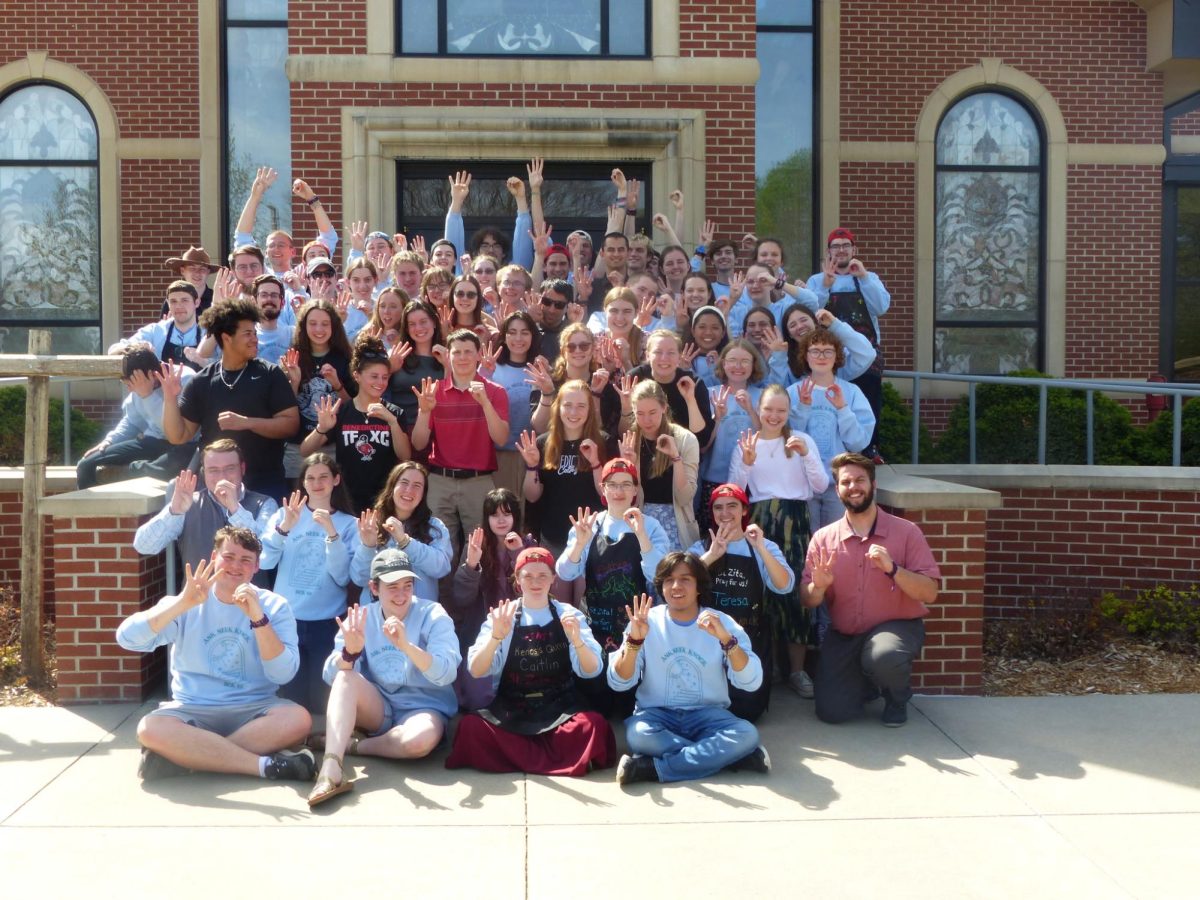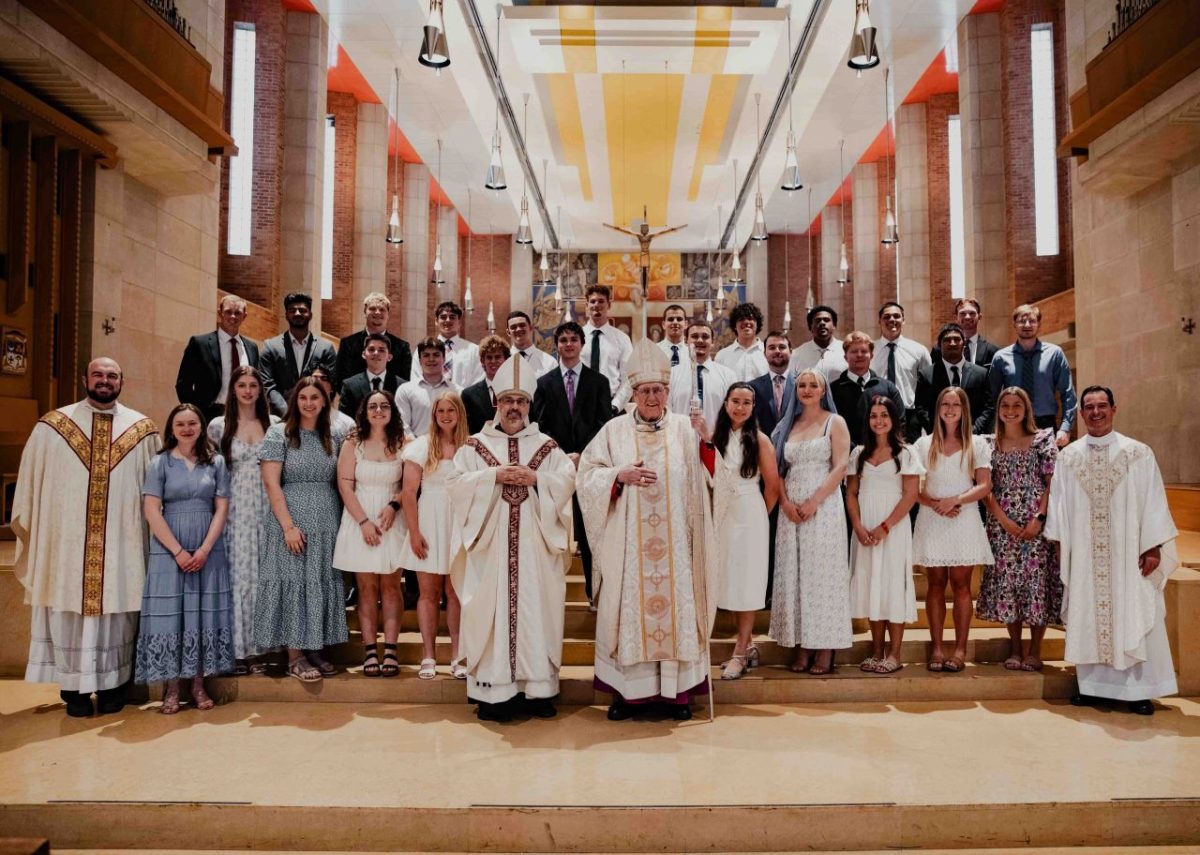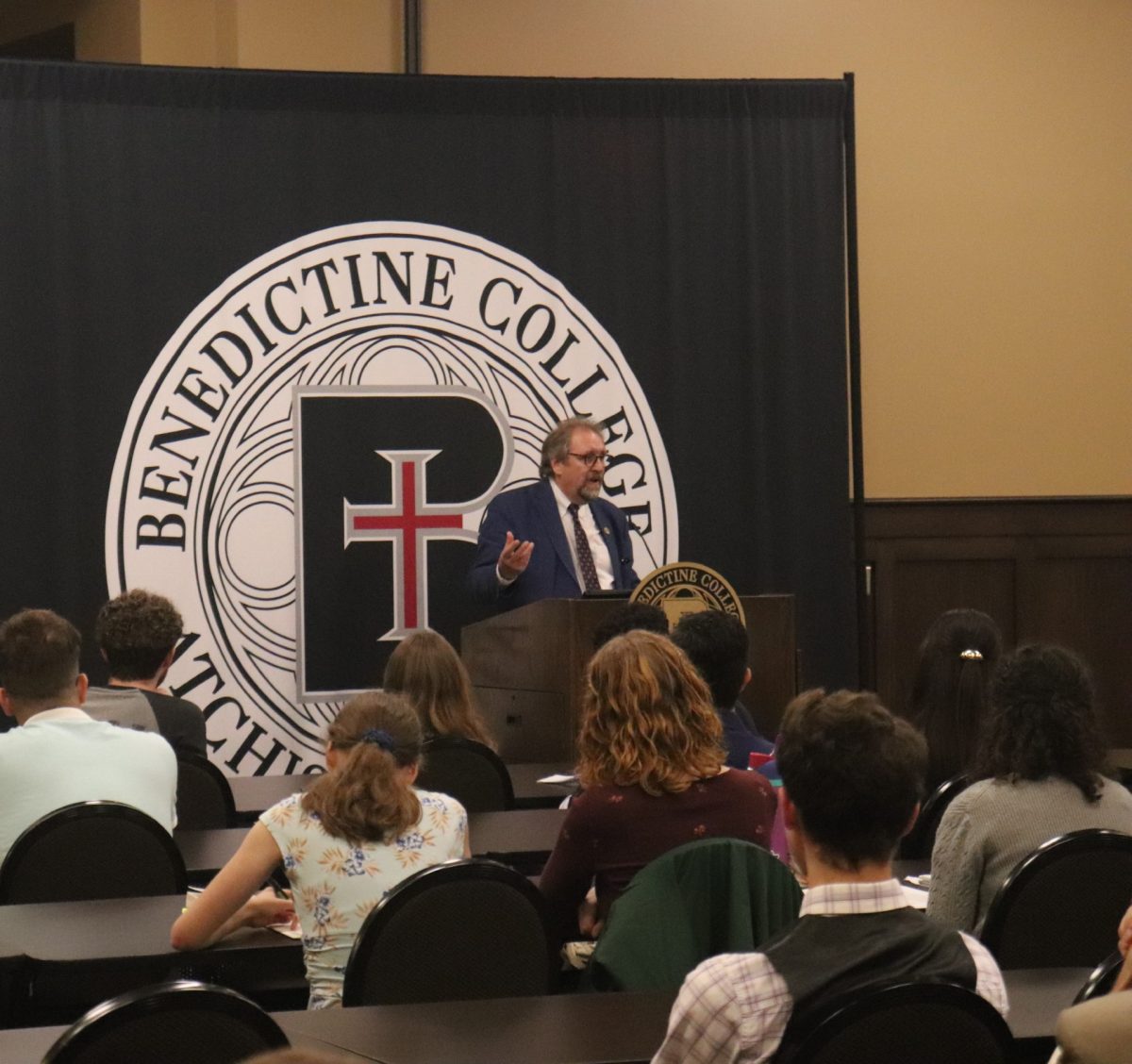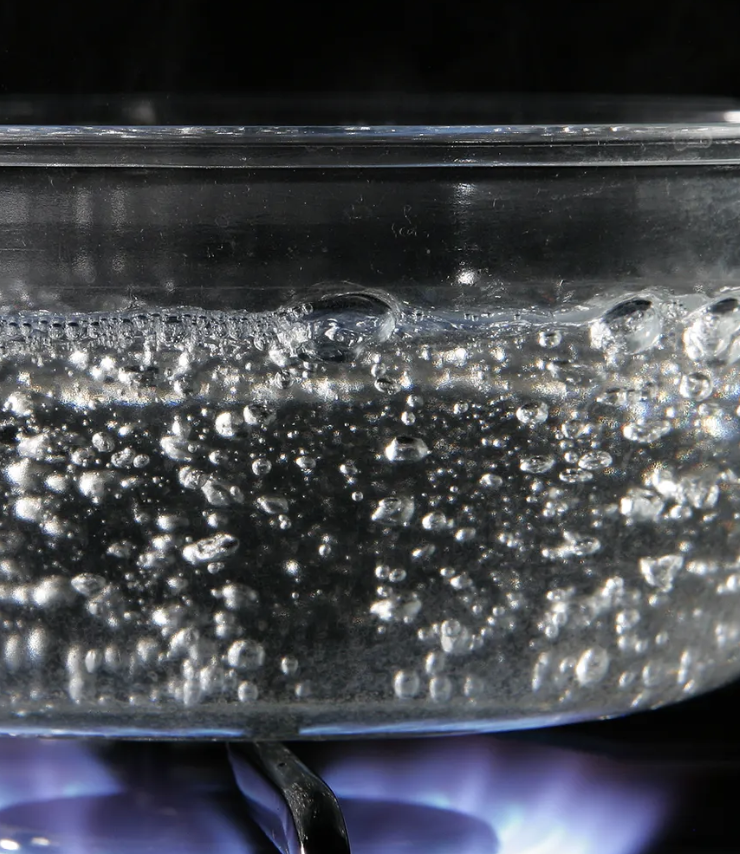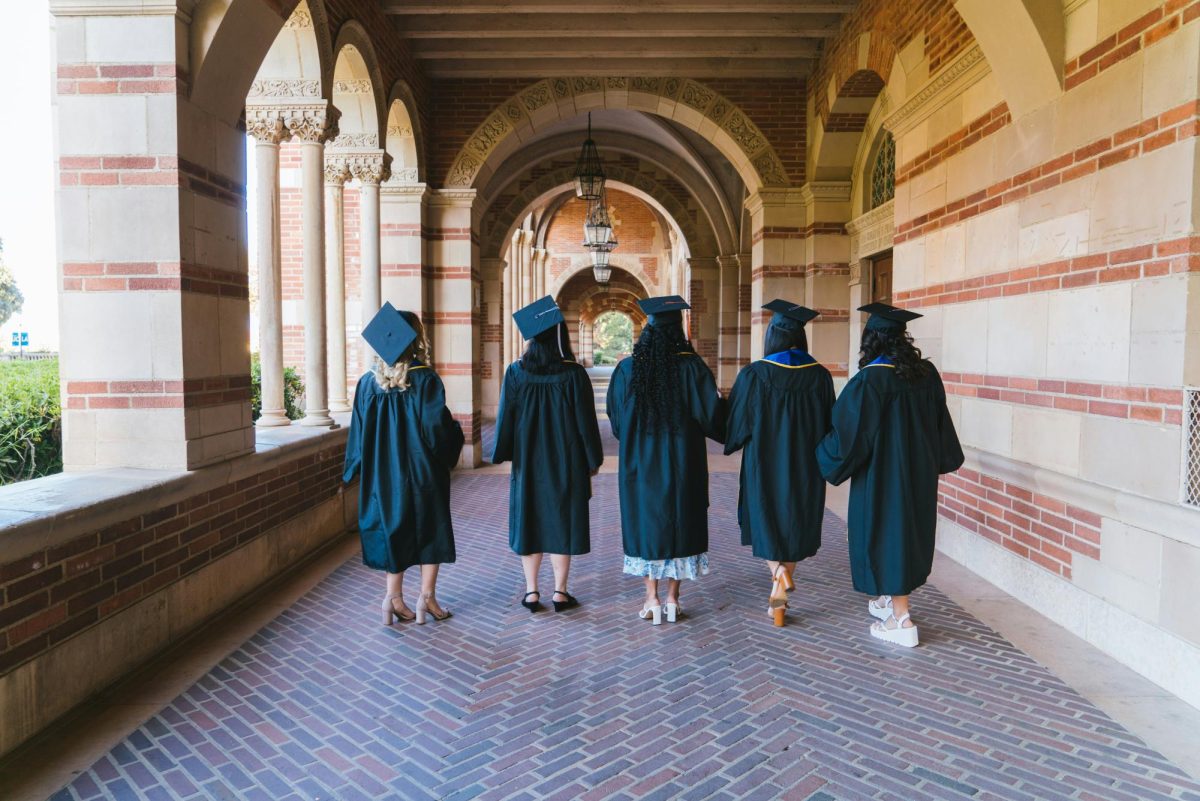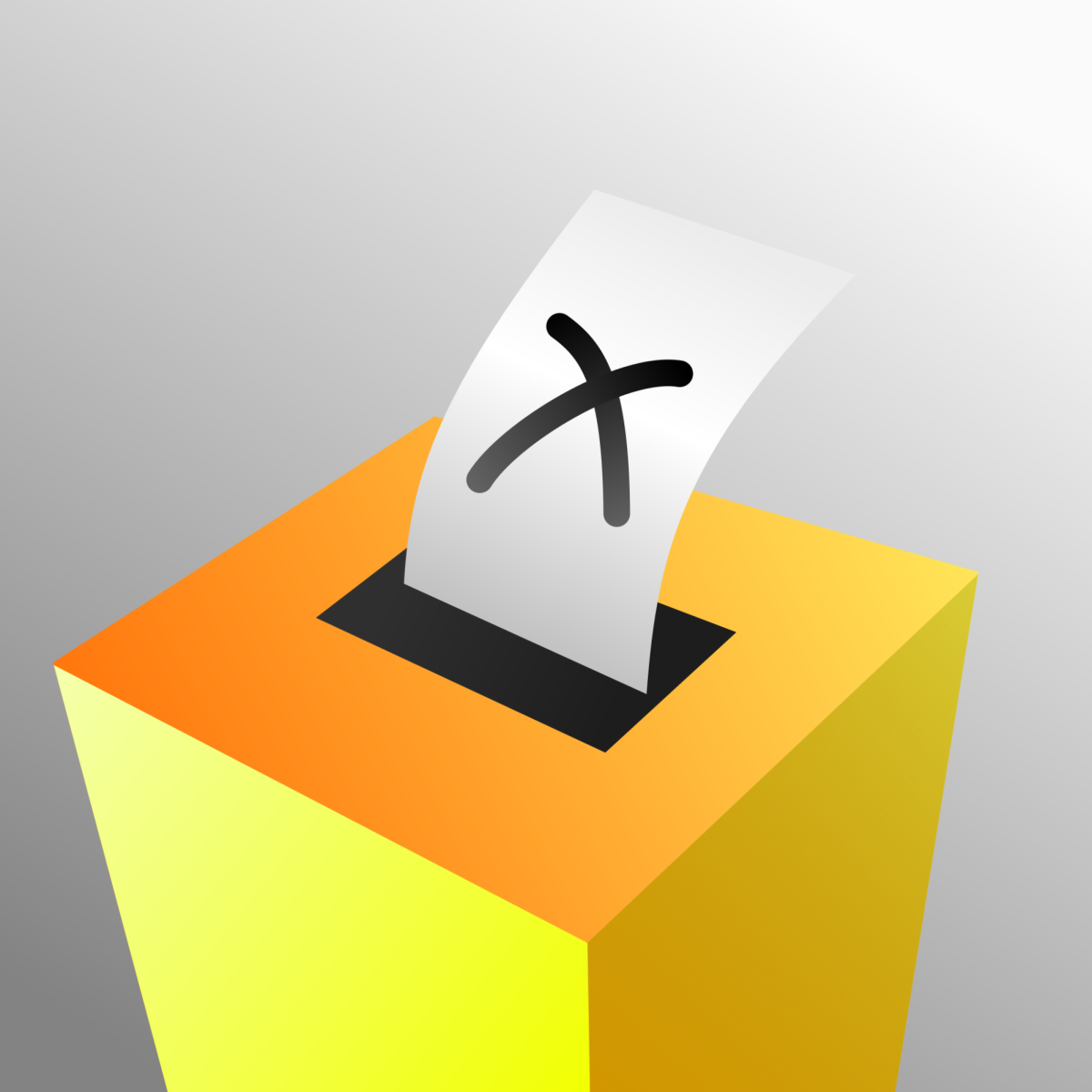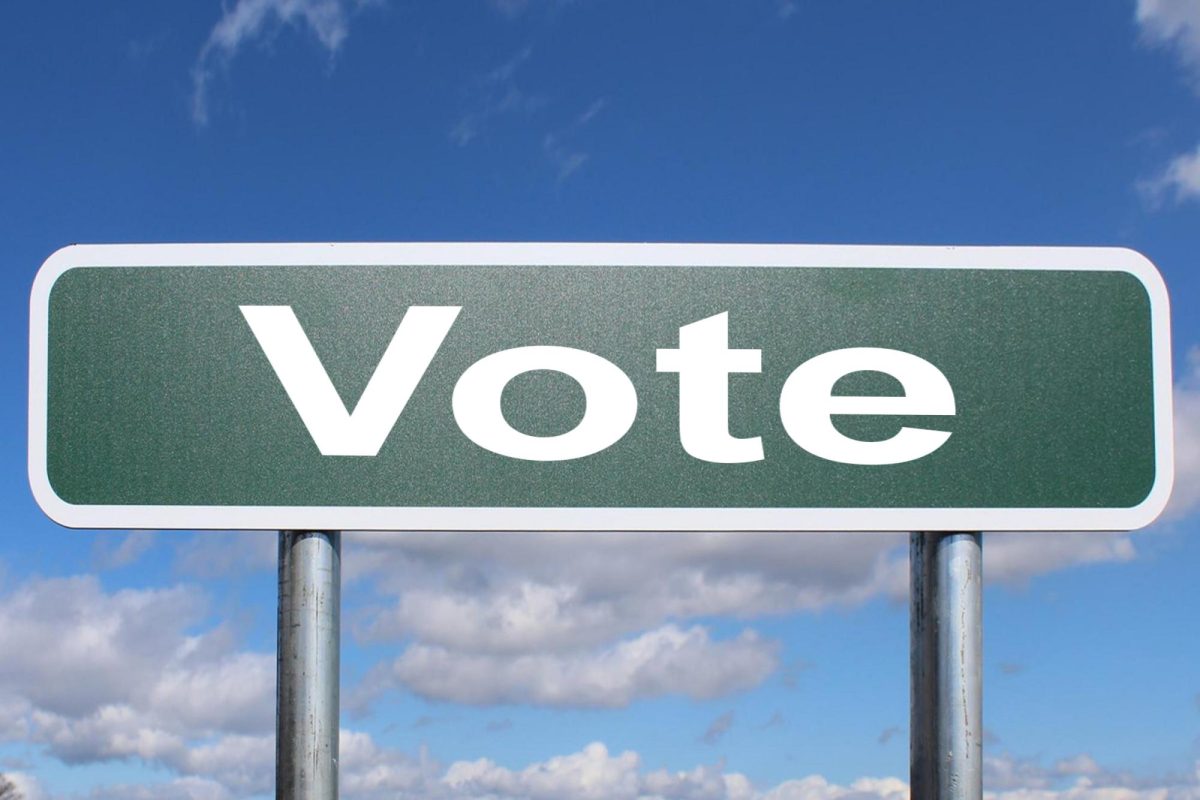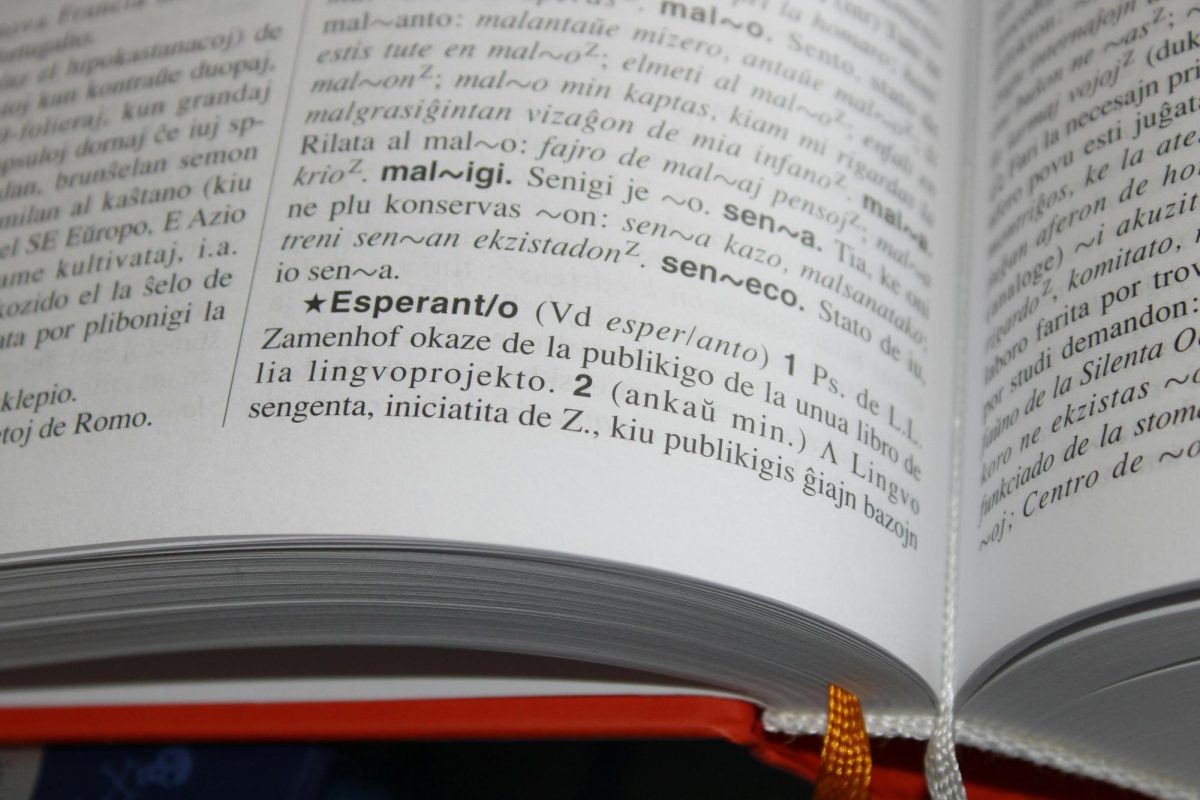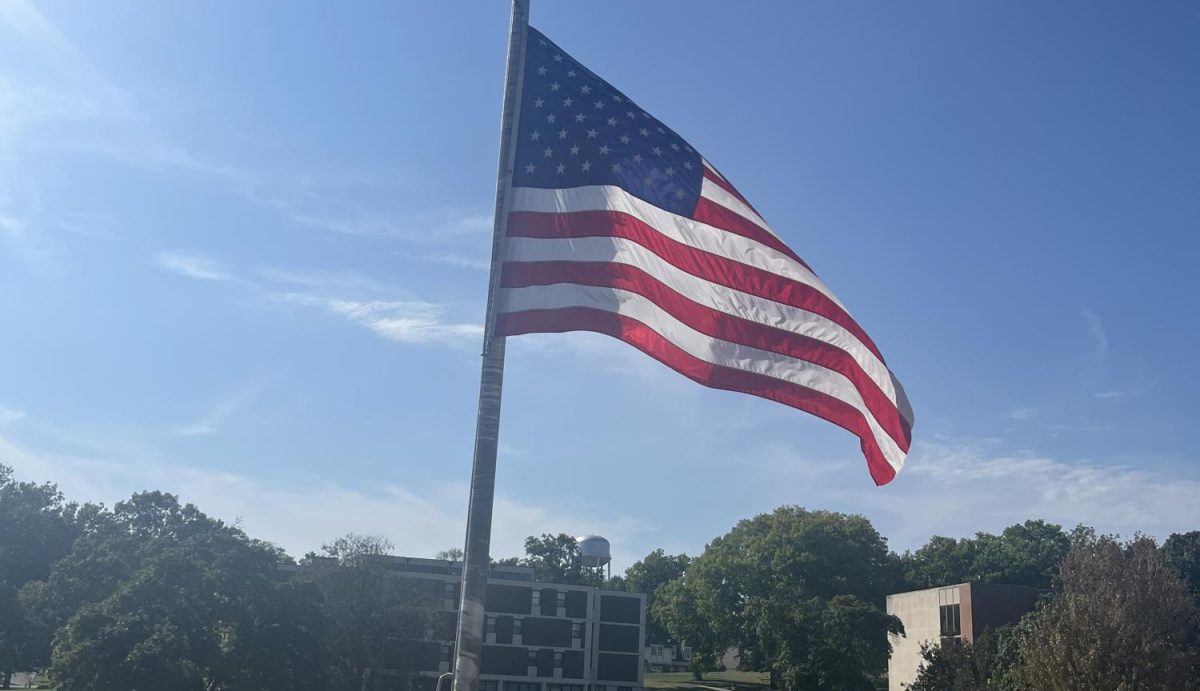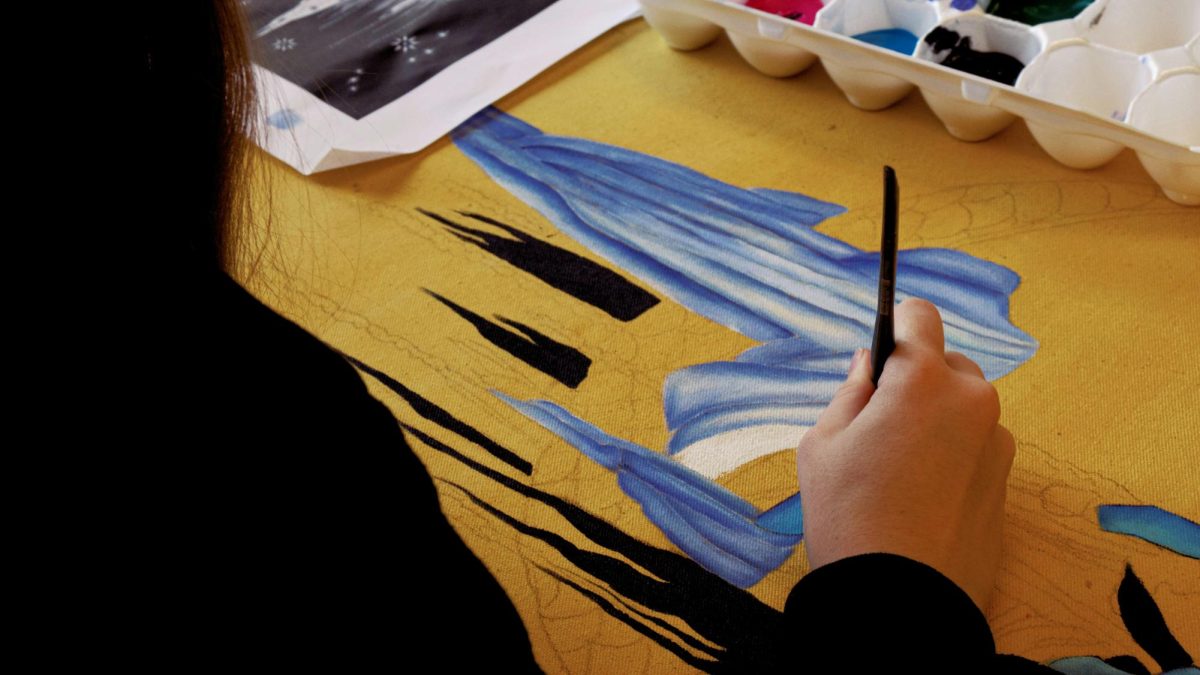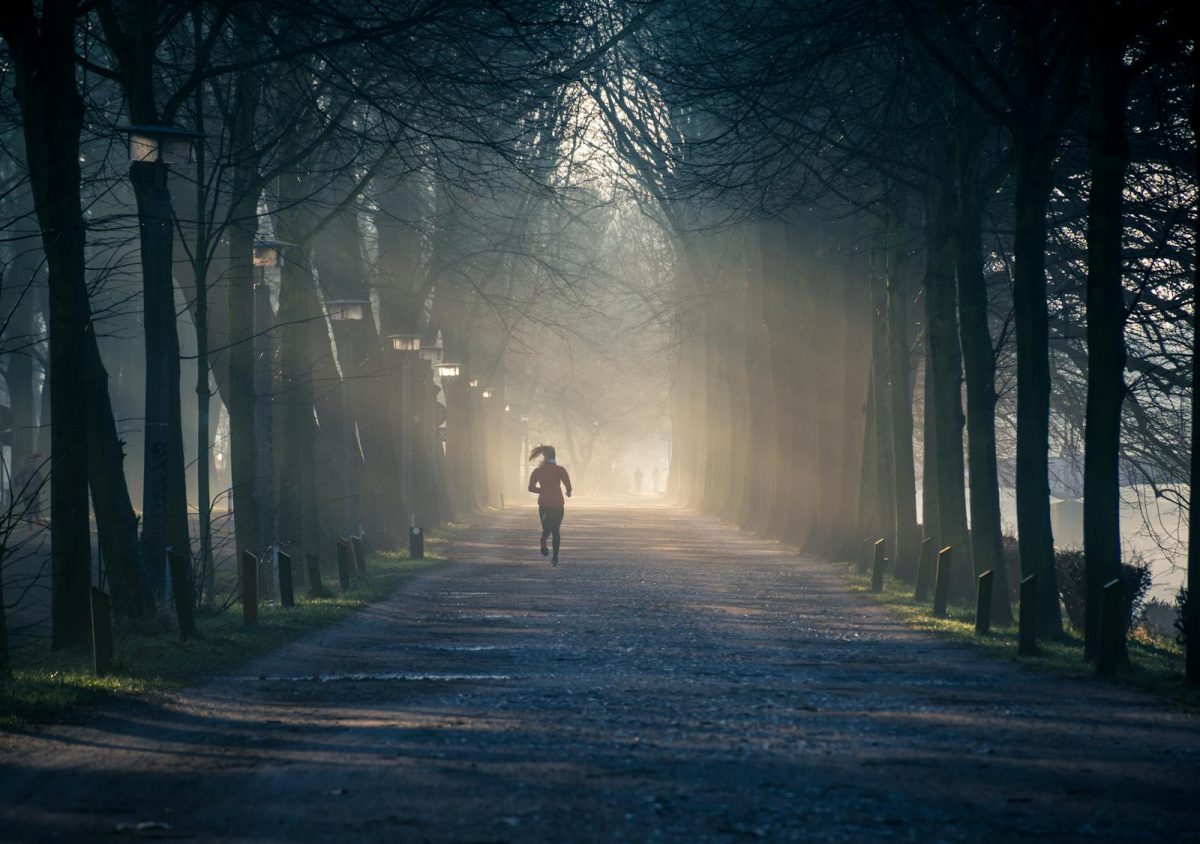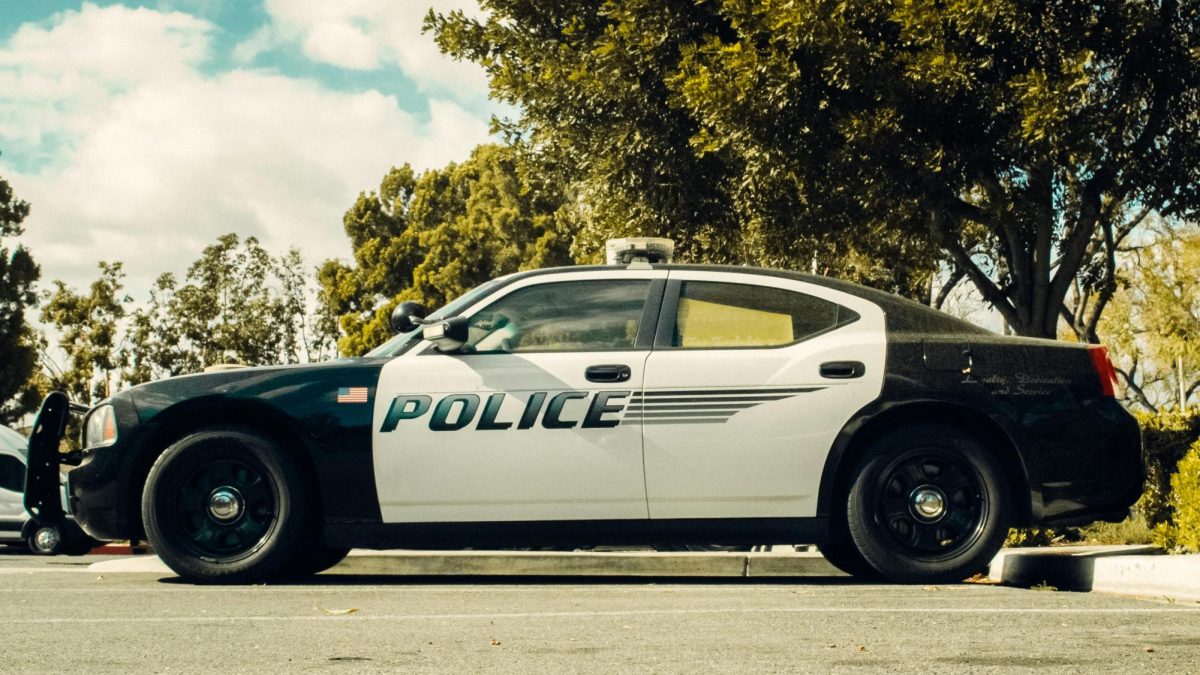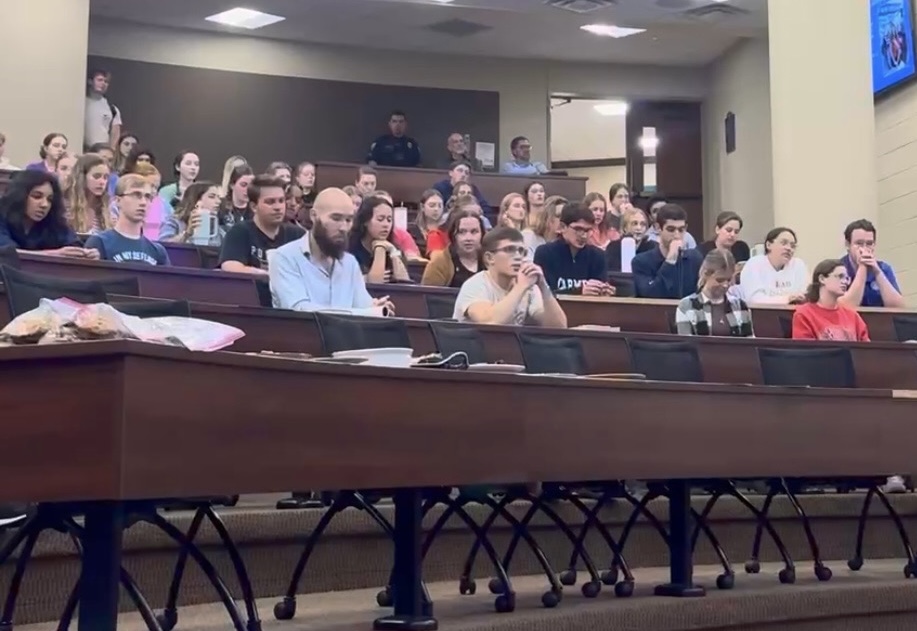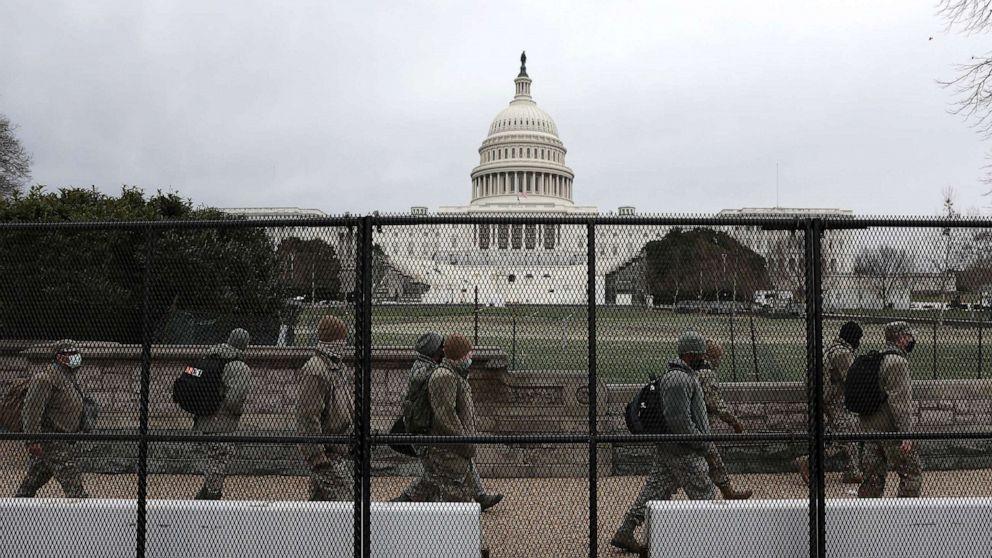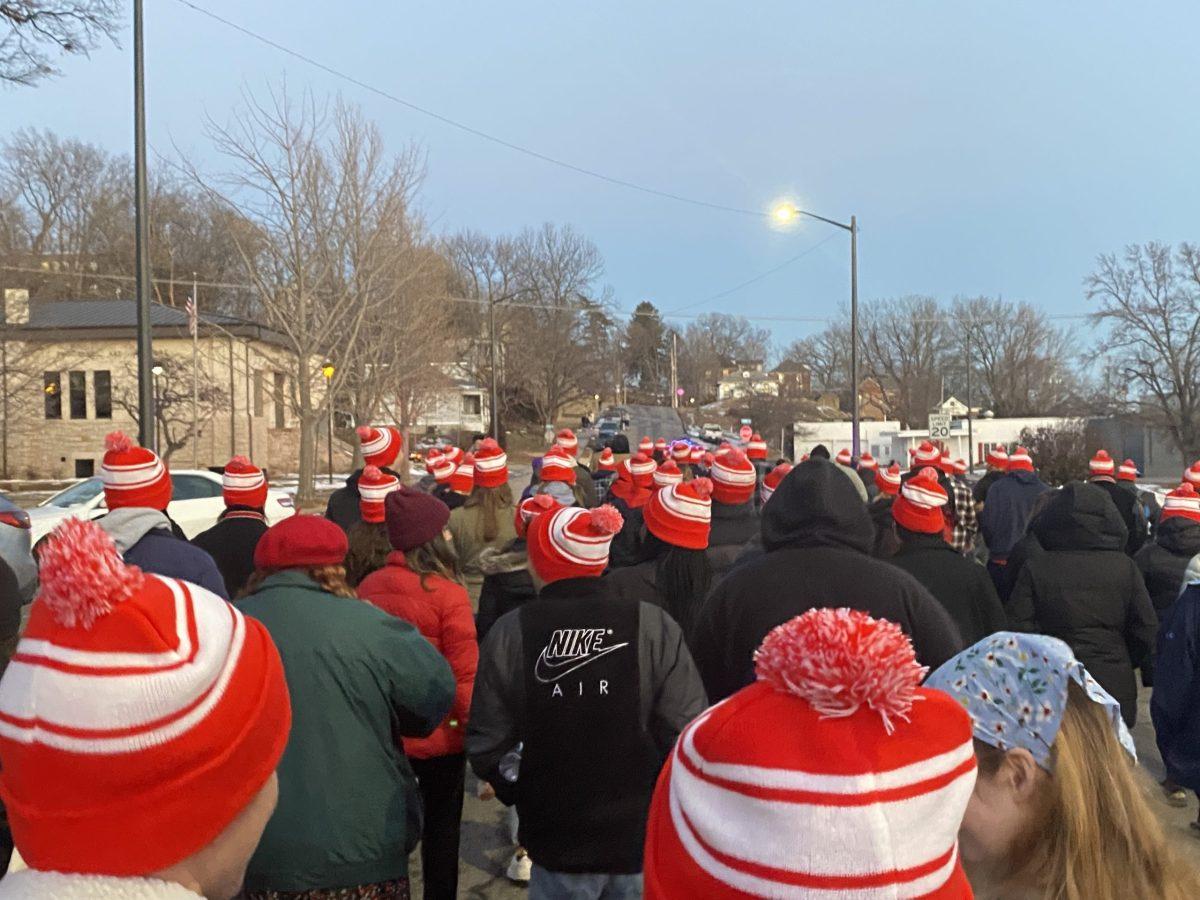After arguably one of the most contentious elections in modern political history, Joseph R. Biden and Kamala Harris are set to be inaugurated as the President and Vice-President of the United States on Wednesday Jan. 20.
This historic event succeeds a transitional period wrought with accusations of voter-fraud and a “stolen election” from out-going President Donald J. Trump. These tensions came to a breaking point on Jan. 6 when a mob of rioters stormed the Capitol building in an attempt to stop Congress from certifying the election in Biden’s favor.
Rioters vandalized and occupied the Capitol, which was evacuated and sent into lockdown. Many were injured and five people died in the aftermath of the attack.
Hans Peter, senior and Chairman of the Benedictine College Republicans, recounts his reaction to the riot.
“I was disgusted. Absolutely disgusted. It was in no way justifiable and there’s no way to offer any kind of sympathy for what occurred because [the storming of the Capitol] was based on a lie,” Peter said.
Along with newly increased security measures, including a fleet of 25,000 National Guard members and the shutdown of major bridges and roads surrounding the Capitol, the inauguration will have a very limited audience due to the COVID-19 pandemic.
Dr. John Settich, department head and professor of Political Science, gave his opinion on the changes to this year’s ceremonies.
“It’s a shame [the inauguration] is going to be in a fortress of D.C., it’s a shame there will be so few public events and that everything is going to be guarded, literally,” Settich said. “But the most important part that doesn’t change is the oath and the transfer of power, and that we celebrate.”
Rafaela Perez, senior and President of the Benedictine College Young Democrats, illustrated what she believed this inauguration and change in presidents represents.
“This is a good first step to trying to get our country back to somewhere that feels like the America that we had before, an America that could give people hope,” Perez said.
In place of the event’s typically large crowd, nearly 200,000 flags and 56 “pillars of light” have been placed on the National Mall to represent the thousands of people who will not be able to attend the ceremony.
Biden will be sworn into office by Chief Justice John Roberts. Harris, the first female Vice-President and first person of Black and South Asian descent, will be sworn in by Associate Justice Sonia Sotomayor, the first Hispanic and Latina member of the Supreme Court.
In a historic move of his own, Donald Trump will not be attending the inauguration, making him the first president to do so since Andrew Johnson (who was also impeached) skipped the inauguration of Ulysses S. Grant in 1869.
You can watch the inauguration here.





